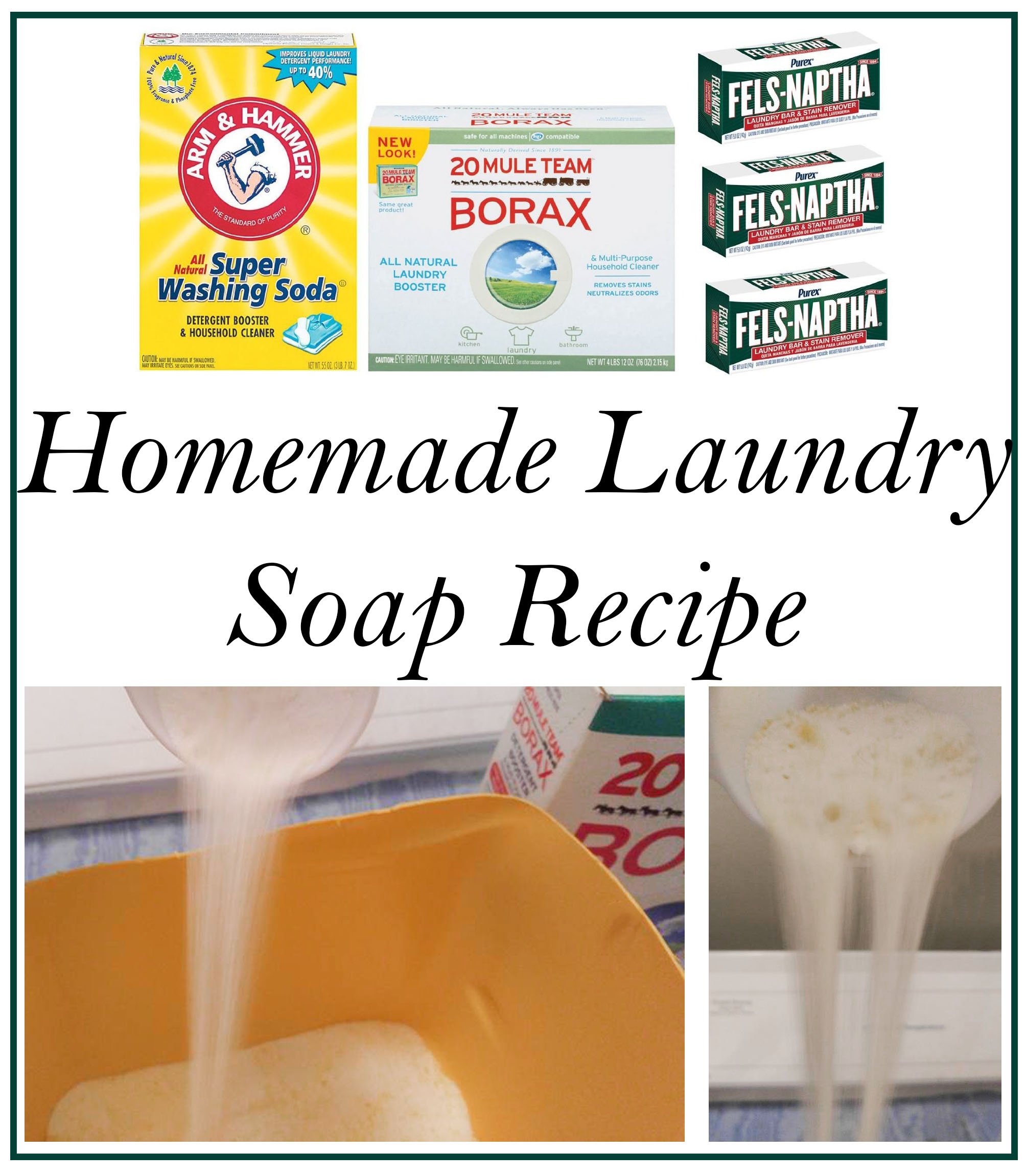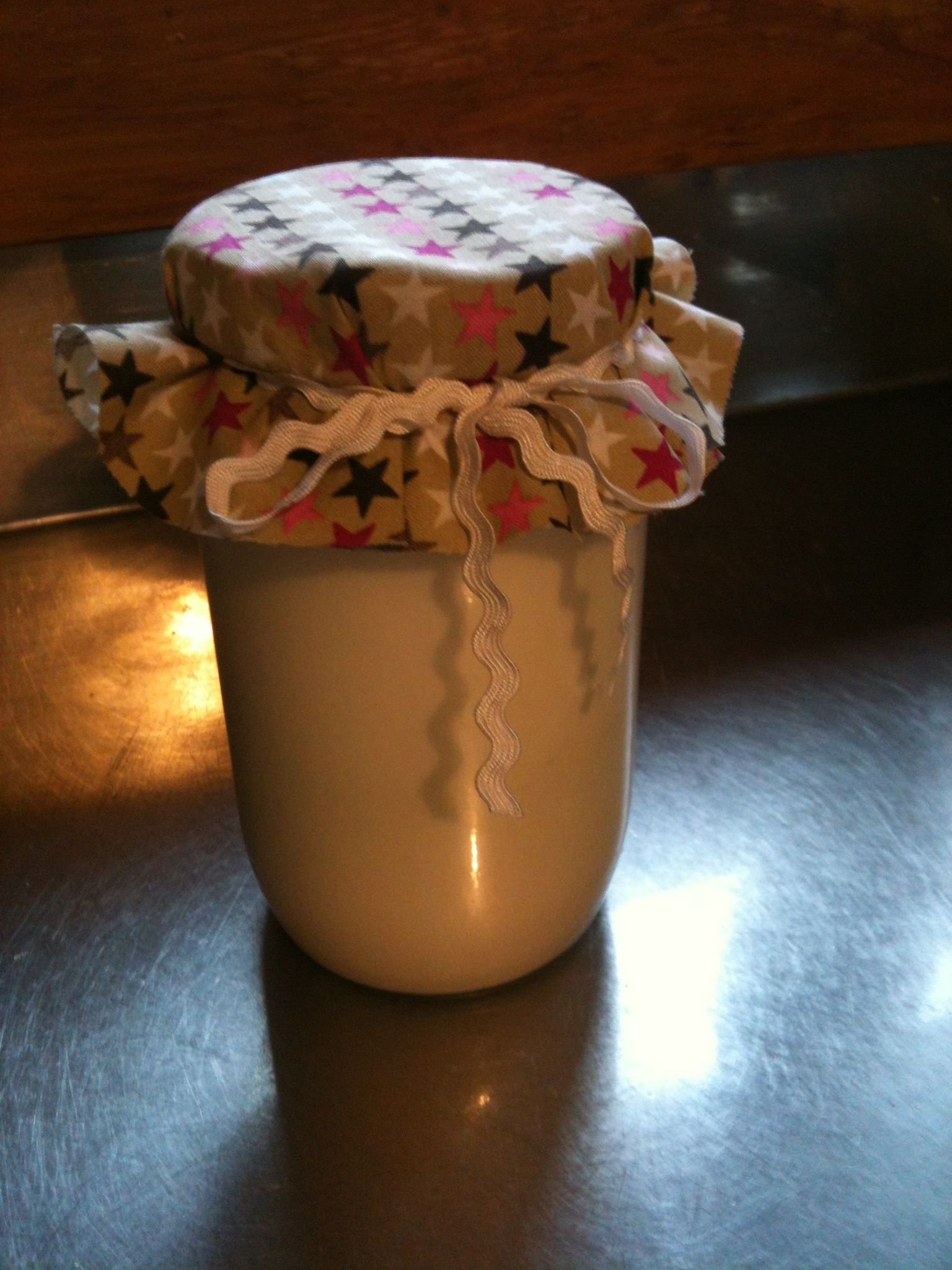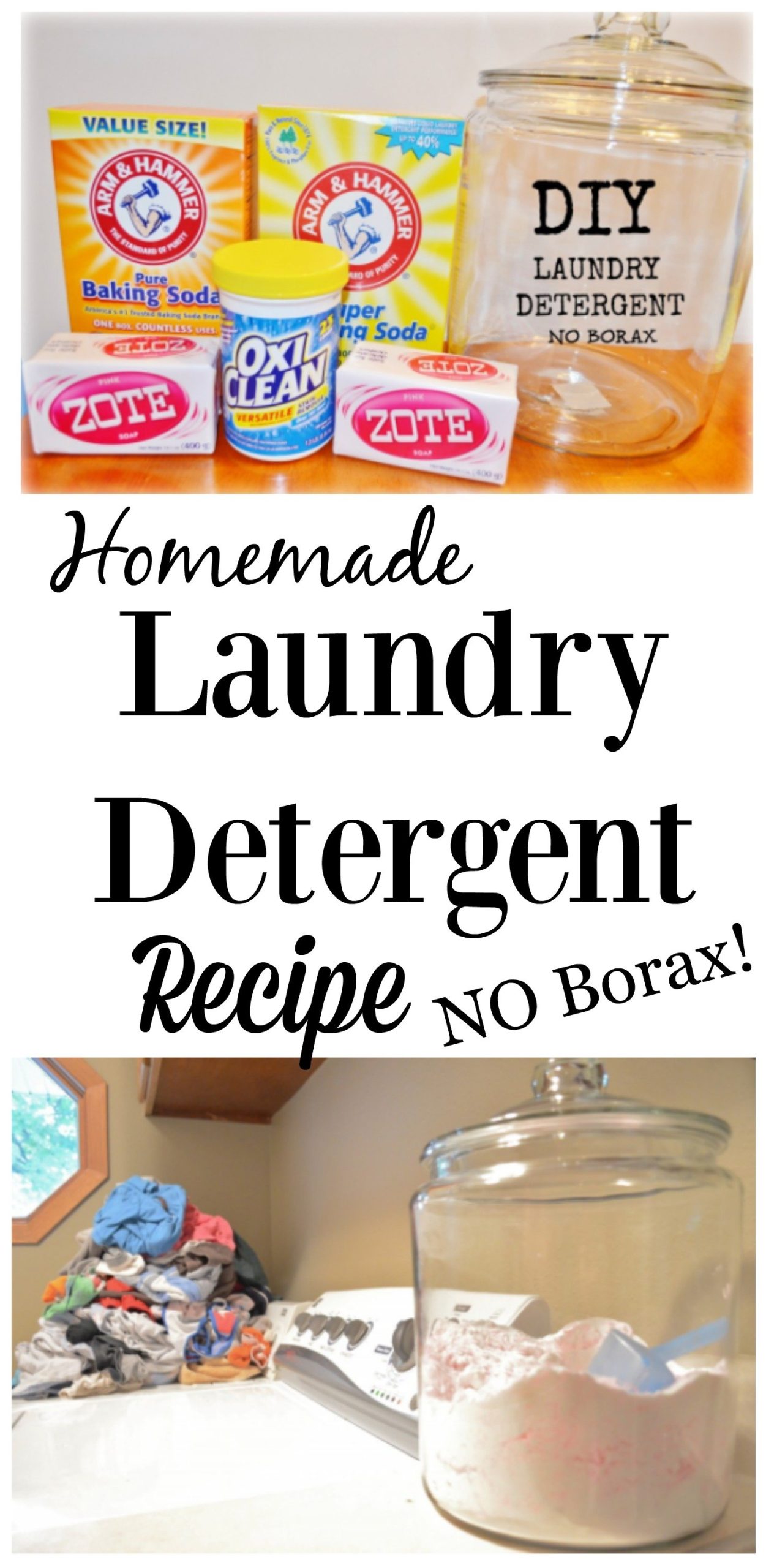Discover the secrets to creating your own liquid laundry soap in this comprehensive guide, [How to Make Homemade Liquid Laundry Soap: A Step-by-Step Guide]. Dive into the world of DIY cleaning solutions and unveil the simple steps involved in crafting an effective and eco-friendly alternative to commercial detergents.
Key Takeaways:
- Homemade liquid laundry soap is cost-effective, gentle on skin, eco-friendly, and customizable.
- Ingredients include: castile soap, washing soda, baking soda, and optional borax.
- Instructions involve dissolving washing soda and baking soda in hot water, adding castile soap and borax, and storing in a glass container.
- Hot water dissolves ingredients more easily.
- Shaking before use remixes ingredients.
- Amount of castile soap determines cleaning power.
- Essential oils can enhance fragrance or remove stains.
How to Make Homemade Liquid Laundry Soap

Crafting your own liquid laundry soap is an easy and cost-effective way to keep your clothes clean and fresh. Here’s a step-by-step guide to get you started:
Materials You’ll Need:
- 1 cup Castile soap
- 1/2 cup Washing soda
- 1/4 cup Baking soda
- 1 gallon of hot water
- Optional: Borax for extra cleaning power
- Essential oils (optional) for fragrance
Step-by-Step Instructions:
- Combine the ingredients: In a large container (like a bucket or jug), whisk together the hot water, washing soda, and baking soda until they dissolve.
- Add the castile soap: Slowly pour in the castile soap while gently stirring.
- Borax boost (optional): If desired, add 1/4 cup of borax to the mix for enhanced cleaning power.
- Essential oils (optional): For a lovely scent or extra stain-fighting action, add a few drops of your favorite essential oils.
- Store: Pour the homemade liquid laundry soap into a glass jar or container. Shake it before each use to remix the ingredients.
Benefits of Homemade Liquid Laundry Soap:
- Economical: The ingredients are budget-friendly and readily available.
- Gentle on skin: Avoid harsh chemical detergents that can irritate sensitive skin.
- Eco-conscious: Reduce plastic waste by ditching store-bought detergents.
- Versatile: Customize it with essential oils for your desired fragrance or stain removal needs.
Tips:
- Use hot water for easier dissolving.
- Adjust the amount of castile soap to achieve your ideal cleaning strength.
- Essential oils offer both fragrance and stain-fighting properties.
Are you tired of feeding your feline friend store-bought cat food? We have a solution for you! Discover how to make homemade food for cats that is not only delicious but also packed with nutrients.
Want to add a touch of natural beauty to your skin and hair? It’s time to learn how to make homemade henna!. Our easy-to-follow guide will help you create your own natural henna paste using simple ingredients.
Is your laundry detergent running low? Don’t worry! Learn how to make homemade laundry detergent liquid using everyday ingredients. Our recipe is eco-friendly and gentle on your clothes and skin.
Customize for specific needs

Did you know you can tailor your homemade liquid laundry soap to suit your unique requirements? Here’s how:
-
Sensitive Skin: Swap out the borax for baking soda to create a gentler formula.
-
Hard Water: Add extra borax to boost the cleaning power in hard water conditions.
-
Specific Stains: Add a few drops of essential oils like lemon or tea tree oil for extra stain-fighting prowess.
-
Fragrance: Customize the scent by using essential oils with your preferred aroma.
Key Takeaways:
- Homemade liquid laundry soap is highly customizable.
- Adjustments can be made to address skin sensitivities, water hardness, or specific stains.
- Essential oils can enhance cleaning abilities and provide a pleasant scent.
Relevant URL Sources:
- Live Simply: How to Make Homemade Liquid Laundry Detergent
- Fabulessly Frugal: Homemade Laundry Soap Recipes (Liquid or Powder)
Store and use the homemade soap
Key Takeaways:
– After making your homemade liquid laundry soap, you’re just a few steps away from enjoying its cleaning benefits.
– Properly storing and using your homemade laundry soap will ensure its effectiveness and longevity.
– Here’s a quick guide on how to make the most of your homemade liquid laundry soap.
Storage
- Once you’ve made your liquid laundry soap, you’ll need to store it in an airtight container, such as a glass jar or a plastic bottle.
- Make sure to label the container clearly so that you don’t accidentally use it for something else.
- Store the laundry soap in a cool, dark place.
- Avoid storing it in direct sunlight or heat, as this can cause the soap to degrade.
Usage
- Using your homemade liquid laundry soap is simple.
- Just add 1/2 cup to your washing machine for a regular load of laundry.
- You can adjust the amount of soap you use depending on the size of the load and the desired cleaning strength.
- If you have a high-efficiency washing machine, you may only need to use 1/4 cup of soap.
- Once you’ve added the soap to the washing machine, just start the wash cycle as usual.
Tips
- If you want to add a little extra cleaning power to your homemade laundry soap, you can add 1/4 cup of borax to the recipe.
- Borax is a natural mineral that helps to boost the cleaning power of soap.
- You can also add 1/4 cup of washing soda to the recipe.
- Washing soda is another natural mineral that helps to soften water and remove stains.
- If you’re looking for a more eco-friendly option, you can use essential oils to scent your homemade laundry soap.
- Just add a few drops of your favorite essential oil to the recipe.
Tips for effectiveness and safety
Key Takeaways:
- Use hot water to dissolve ingredients more readily.
- Adjust the amount of castile soap to control cleaning strength.
- Essential oils can enhance cleaning power and add fragrance.
- Homemade liquid laundry soap should be stored in a cool, dark place for optimal shelf life.
Effectiveness:
- Use warm water for better dissolution of the ingredients.
- Adjust the amount of castile soap according to the desired cleaning strength.
- Essential oils like tea tree or lavender can enhance cleaning power and add a pleasant scent.
Safety:
- Keep homemade liquid laundry soap out of reach of children and pets.
- Wear gloves while handling the mixture to prevent skin irritation.
- Avoid contact with eyes, and if it occurs, rinse thoroughly with water.
- Ensure proper ventilation during the preparation process.
Additional Tips:
- If the mixture is too thick, add a small amount of water and stir until desired consistency is achieved.
- For an extra boost of cleaning power, add 1/2 cup of white vinegar to the washing machine along with the laundry soap.
- Store the homemade liquid laundry soap in a sealed container to prevent contamination and prolong its shelf life.
Enjoy the benefits of homemade liquid laundry soap!
DIY Homemade Liquid Laundry Detergent
Simple Homemade Liquid Laundry Detergent
FAQ
Q1: What is the benefit of using homemade liquid laundry soap?
A1: Homemade liquid laundry soap is cost-effective, healthy for skin, eco-friendly, and versatile. It can be customized with essential oils for fragrance or added stain-removing agents.
Q2: What ingredients do I need to make homemade liquid laundry soap?
A2: To make homemade liquid laundry soap, you will need castile soap, washing soda, baking soda, and borax (optional).
Q3: How do I make homemade liquid laundry soap?
A3: To make homemade liquid laundry soap, combine hot water, washing soda, and baking soda in a large container. Stir until dissolved. Add castile soap and mix gently. Add borax if desired. Store in a glass jar or container.
Q4: How much homemade liquid laundry soap should I use per load?
A4: You should use 1/4 to 1/2 cup of homemade liquid laundry soap per load.
Q5: Can I customize homemade liquid laundry soap?
A5: Yes, you can customize homemade liquid laundry soap with essential oils for fragrance or added stain-removing agents.
- Ceramic Kitchen Wall Tiles: Style and Protection for Your Walls - December 17, 2025
- Kitchen tiling wall: Elevate your kitchen with stylish wall tiles - December 16, 2025
- Gray Kitchen Backsplash Tile: Ideas for a Stylish Upgrade - December 14, 2025









